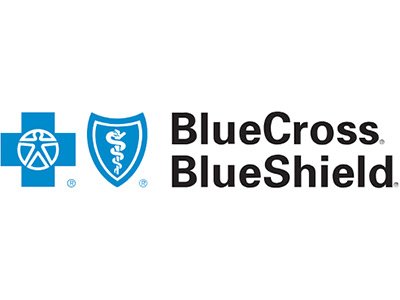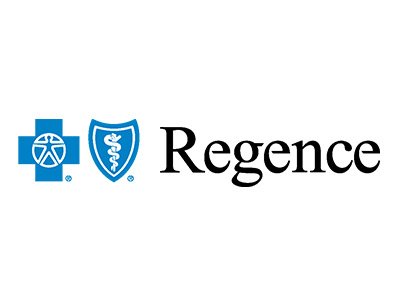Compassionate Eating Disorders Treatment for Male Athletes in Colorado, Medical Nutrition Therapy and Counseling for Men and Teens Involved in Sports
Embark on a transformative journey with our customized outpatient treatment program, tailored specifically for male athletes, that addresses the intricate relationship between eating disorders and athletic performance. Our specialized approach is meticulously crafted to support your overall well-being and athletic goals, promoting holistic health and fostering a positive connection with food and body.
In our nutrition program designed for male athletes grappling with anorexia, bulimia, OSFED, BED, and disordered eating, our dedicated team of medical nutrition therapists places a paramount focus on enhancing both your performance and overall health. We strive to minimize any adverse effects on body image or the challenges commonly experienced by male athletes dealing with disordered eating.
Experience the guidance of experts who empower you to prioritize recovery while maximizing your athletic potential. Our goal is to assist you in embracing a balanced, nourished body that ensures sustained vitality, allowing you to excel in your sport while maintaining a healthy mind and body.
























Recent “graduate” from Side by Side Nutrition. I started working with SBSN to figure out how food worked after having an eating disorder for years. And I’m so happy I got so much more than that! SBSN introduced me to Self-Compassion and met me with an approach that never included shaming me. I looked forward to our sessions every week, even if I hadn’t done any of my work, because I knew she’d be understanding and work with me to figure out what I needed to make it happen. And none of that compassion and presence was lost when we had to switch to telehealth. When I started, I didn’t think healing from an eating disorder was possible. And I never in my wildest dreams imagined that I’d come out of it with an unshakable love for my body (certainly not a plus size body with chronic illness)! I’m so glad circumstances sent me here because I know I wouldn’t have gotten to this place with my previous dietician! I am STRONG, I am CONFIDENT, and I am in LOVE with myself! Thank you so much for helping me on my journey here! It wasn’t easy, but it was so worth it!
— Michaela Myers